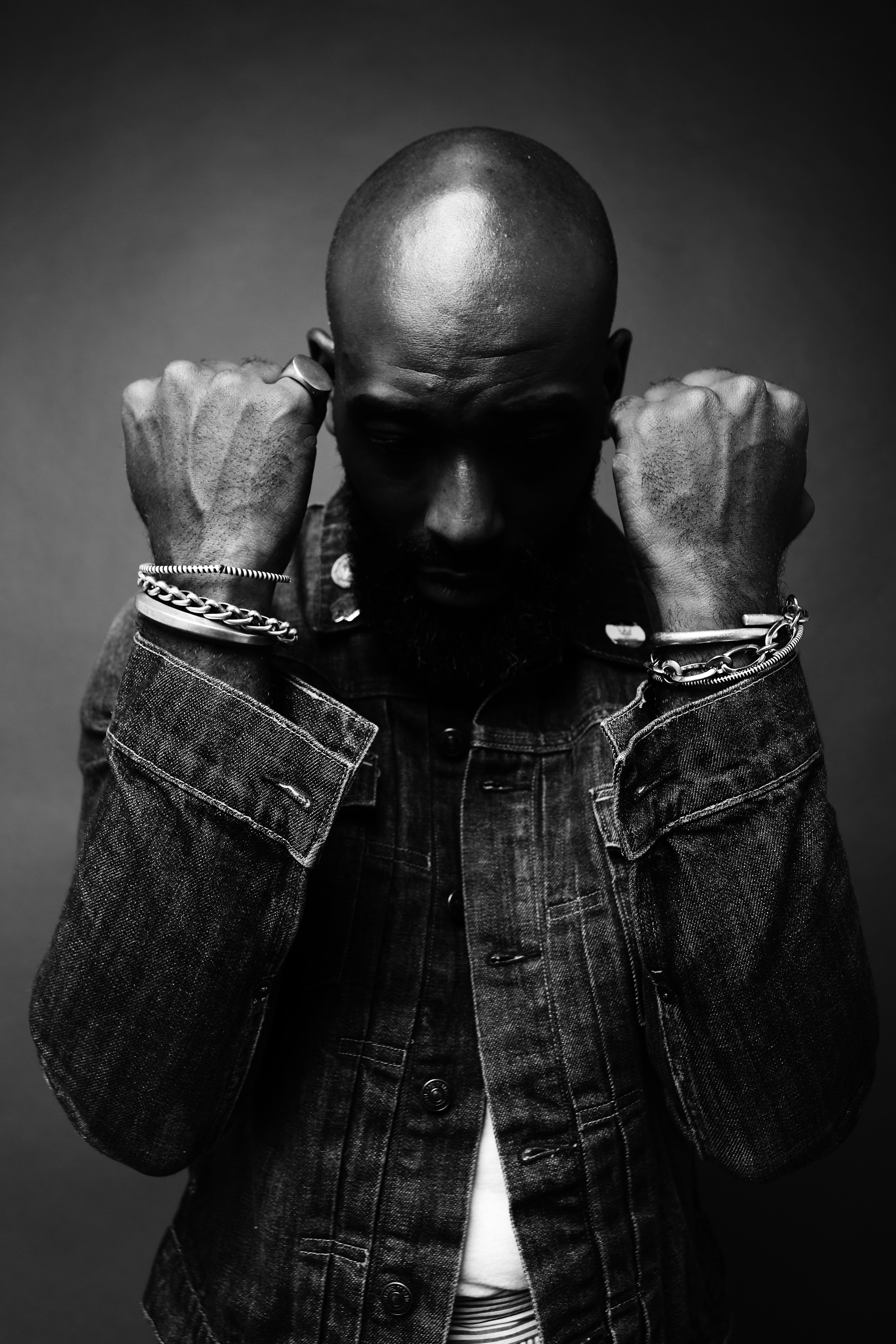As reported by Canadian Press, December 15, 1967:
The Anglican Church of Canada departed Thursday from its long-standing opposition to abortion.Click on the link to see the Anglican Church of Canada's Brief on Abortion, December 14, 1967.
It told the Commons health committee abortion is justified, but only when there is a serious threat to the mother's life or health.
In a brief, the church states the termination of pregnancy may be desirable consideration when circumstances contribute to the impairment of a mother's health, reducing her care for her family.
It does not recognize overcrowding, insanitary housing and malnutrition as justifiable causes for abortion.
The brief was prepared by a special study committee of 24 persons composed of clergy, laymen and women, married and unmarried.
A number of the committee members headed by Rt. Rev. E.S. Reed, Bishop of Ottawa, and Rev. Maurice Wilkinson of Toronto, the church's general secretary for the council for social service, appeared before the Commons committee.
They made it clear that health was to be defined in its broadest sense--physical, mental and social well-being of the woman.
Each termination of pregnancy should be performed in an accredited hospital after a request passed by the hospital's committee on therapeutic abortion, the brief said.
The prevention of unwanted pregnancies by contraceptive means is to be preferred to other alternatives. A widespread program of family life education, including family planning, must accompany any change in the Criminal Code dealing with contraception.
In cases of alleged rape or incest, it should be the effect of the mother's total health rather than the circumstances of conception which provides a valid ground for ending the pregnancy.
The most recent statement of policy on abortion from the Anglican Church of Canada that I could find was from November 3, 1989, where the church affirmed its position. I'm surprised it's not more liberal than it is; the church opposes early abortion on demand and for reasons of genetic defect, recognizes that abortion is the taking of human life, and says that it should never be done except for serious therapeutic reasons. The Anglican Church also supports the right of health care professionals to refuse to participate in abortion, and supports legislation to ban commercial transactions in genetic material and abortion in order to harvest body parts.
However, the Anglican Church's 1989 position on abortion contains the old liberal "seamless garment" arguments that, in order to reduce the conditions that produce abortion, it's necessary to support a variety of feminist social programs such as pay equity, universal publicly-funded day care, more affordable housing, and programs and education to combat violence against women. The 1989 brief perpetuates the idea that it's poor rather than affluent women who are getting abortions.
According to the London Area Right to Life Association, nearly 4 million abortions have taken place in Canada since it was legalized in 1969. The mainline churches, including the Anglican Church of Canada, played a role in this devastating social development, and the change in their position on abortion was indicative of their increasing apostasy.







































No comments:
Post a Comment